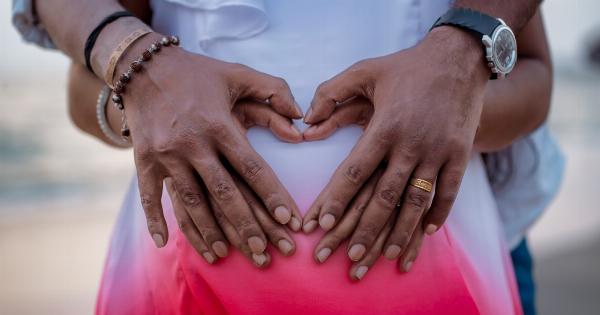Iron is a vital nutrient that our bodies need to function properly. It is responsible for creating the protein hemoglobin, which helps transport oxygen from our lungs to the rest of our body.
Without enough iron, our bodies can’t produce enough red blood cells, leading to a condition known as anemia.
What is Iron Deficiency Anemia?
Iron deficiency anemia is a type of anemia that occurs when the body doesn’t have enough iron to produce hemoglobin.
This can happen due to a variety of reasons, including poor diet, heavy menstrual bleeding, pregnancy, gastrointestinal bleeding, or chronic illnesses such as Crohn’s disease or ulcerative colitis. Iron deficiency anemia is the most common type of anemia, affecting an estimated 2 billion people worldwide.
What are the symptoms of Iron Deficiency Anemia?
The symptoms of iron deficiency anemia can vary depending on the severity of the condition.
Mild cases may not produce any noticeable symptoms, while more severe cases can cause fatigue, weakness, shortness of breath, dizziness, headache, pale skin, brittle nails, and hair loss.
How does Iron Deficiency Anemia cause hair loss?
Iron deficiency anemia can cause hair loss by disrupting the natural growth cycle of hair follicles. During the anagen phase, the active growth phase of hair follicles, nutrients such as iron, B vitamins, and protein are needed for healthy hair growth.
Without enough iron, hair follicles may struggle to grow strong and healthy hair, resulting in hair that is brittle, dry, and prone to breakage. Bald patches may also develop due to the interruption of hair growth cycles.
When should you seek medical advice?
If you notice that you are shedding more hair than usual or that your hair is thinning out, it’s important to talk to your doctor about the possible underlying causes.
If hair loss is accompanied by other symptoms of iron deficiency anemia, such as fatigue, weakness, and pale skin, it’s important to seek medical attention as soon as possible. Early diagnosis and treatment of iron deficiency anemia can help prevent further hair loss and improve overall health and well-being.
How is Iron Deficiency Anemia diagnosed?
Iron deficiency anemia can be diagnosed through a simple blood test that measures the amount of hemoglobin and iron in the blood. If iron levels are low, your doctor may recommend further testing to determine the underlying cause of the deficiency.
How is Iron Deficiency Anemia treated?
The treatment for iron deficiency anemia depends on the underlying cause of the deficiency. In most cases, dietary changes and iron supplements are enough to replenish iron stores in the body.
Eating a diet rich in iron-rich foods such as red meat, poultry, seafood, beans, and leafy greens can help improve iron levels. Iron supplements in the form of tablets, capsules, or liquid can also be prescribed by your doctor. In more severe cases, intravenous iron therapy may be required.
Preventing Iron Deficiency Anemia and Hair Loss
Preventing iron deficiency anemia and hair loss requires maintaining a healthy diet that is rich in iron and other essential nutrients.
Eating a balanced diet that includes lean proteins, whole grains, fruits, and vegetables can help ensure that your body is getting all the nutrients it needs to maintain healthy hair and prevent anemia. For women, managing heavy menstrual bleeding through birth control pills or other medications can also help prevent iron deficiency anemia.
Conclusion
Iron deficiency anemia is a common condition that can cause hair loss if left untreated. By being aware of the symptoms of anemia and seeking medical advice early on, you can prevent further hair loss and improve overall health and well-being.
Eating a balanced diet and taking supplements as directed by your doctor can also help replenish iron levels in the body and prevent future anemia and hair loss.


























